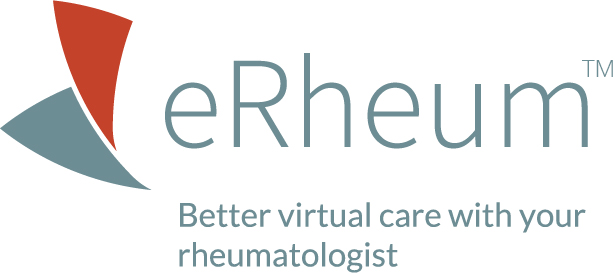How Your Doctor’s Office Is Keeping You Safe
While telehealth rheumatology visits have been critically important for many patients during the coronavirus pandemic, they can’t fully take the place of in-person care for those with rheumatoid arthritis and other rheumatic conditions.
it’s understandable that you may have concerns about your safety, especially after spending months and months of staying home as much as possible.
But consider this: Rheumatology offices have now had a full year of experience making the necessary accommodations to keep their patients (and staff) safe. In addition to strictly following prevention guidelines and safety protocols, many rheumatologists, nurses, other health care providers, and office staff are also now fully vaccinated.
Here’s a look at the many steps that rheumatology practices are taking since the start of COVID-19 to keep their patients safe during in-person visits. Specific protocols may vary by doctor’s office.


Personal protective equipment (PPE)
- Including masks, gloves, face shields, and gowns for physicians, nurses, other health care providers, and staff
- Masks for patients and visitors

Cleaning procedures
- Hand sanitizing and hand-washing stations
- Rigorous cleaning and disinfecting of all equipment and high-touch surfaces and objects (doorknobs, armrests, handrails, pens) between each patient use
- Exam rooms fully disinfected between patients
- No magazines or toys available in waiting rooms or office space

Social distancing
- Online check-ins
- Minimize the number of patients in waiting rooms
- Patients may be asked to sit in their cars to avoid waiting areas
- Patients must sit at least six feet or more apart (you’ll likely see markings on the floor and furniture rearranged to accommodate this)
- No walk-ins for labs; bloodwork appointment only
- Visitor restrictions, which may vary according to the needs of patients

Infusion suites
- Pre-screening patients prior to appointments and during check-ins
- Sanitizing suites before and after each use
- Placing infusion chairs at least six feet apart
- Requiring nurses to stay at least six feet away from patients when physical contact is not necessary
- Staggering appointments and having patients wait in the car until the suite is ready
- Restricting non-essential guests from being in the room with the patient

Screening and testing
- Screening for coronavirus symptoms among office staff and patients
- Frequent COVID-19 testing for doctors and staff
- Temperature checks with “no touch” thermometers for each and every visitor
- Screening questions (when confirming your appointment and when you arrive at the office), including:
- Are you experiencing any symptoms of COVID-19 (fever, cough, shortness of breath, chills, muscle pain, headache, sore throat, loss of taste or sense of smell)?
- Have you or anyone in your household recently tested positive for COVID-19?
- Have you traveled outside your state?
This resource was made possible with support from AbbVie, Inc.
